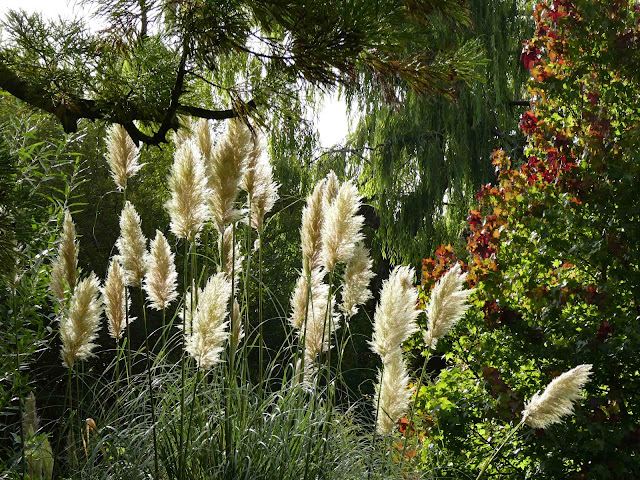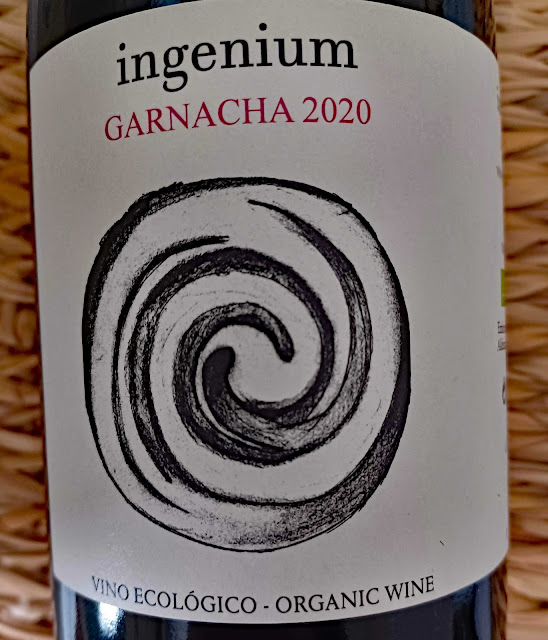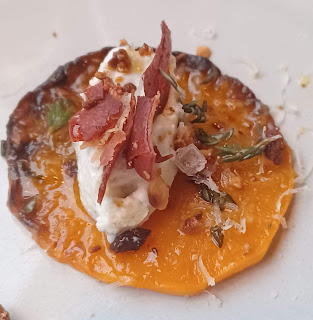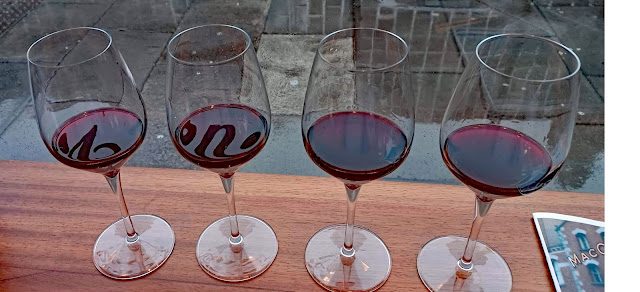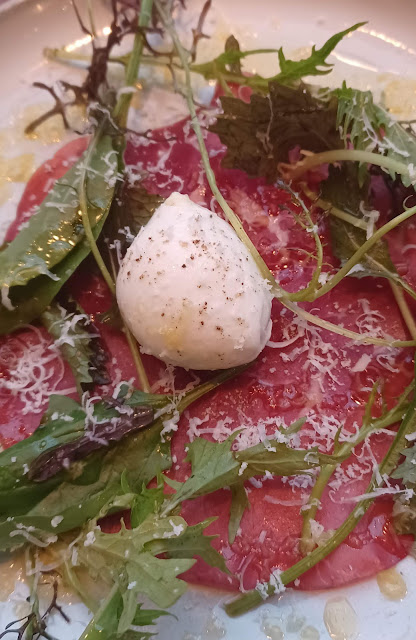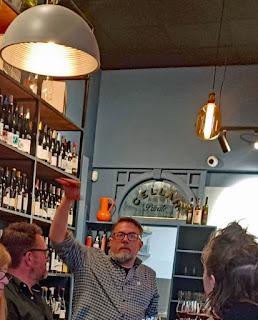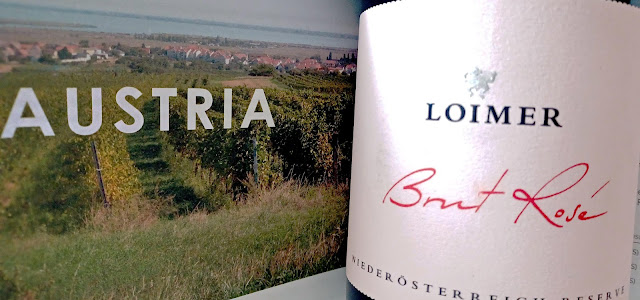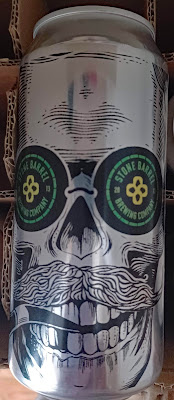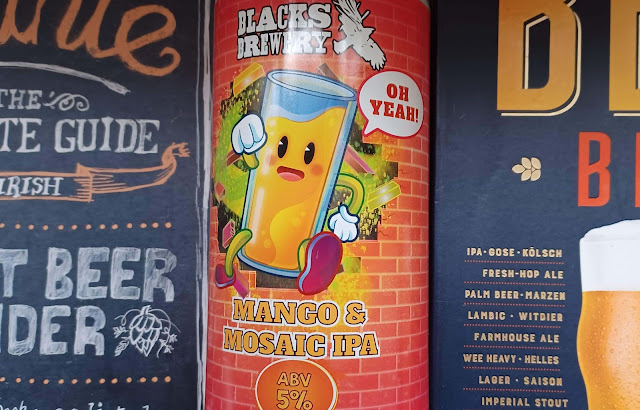An impressive Austrian sparkling wine and an interesting semi-sparkling red from Piedmont.
Loimer Brut Rosé Niederösterreich - Reserve Sekt NV, 12%
RRP €43.99 Wineonline.ie
Sekt is the term for sparkling wine in Germany and Austria. This Brut Rosé Reserve blends Zweigelt, Pinot Noir and St. Laurent and spends at least 24 months on the lees. It is made with 20% reserve wines and 80% from the 2018 vintage. Bottled June 2019. Disgorged 2021. Dosage 2g/l. Traditional bottle fermentation, shaken by hand.
Good strong pink colour here with an amazing display of bubbles rising. Foam doesn’t last very long. Yeasty notes in the aromatics. The palate is mouth-filling, strawberry among the gentle fruit flavours, a pleasing mouthfeel with a lively acidity at play before a dry finish.
The winemakers say this “comes very close to a champagne”. For me, it is better than many champagnes. Well worth a try. Very Highly Recommended.
The Loimer winery is based in the Kamptal region of Austria and it is biodynamic and Fred is a fan of cows: “Cow manure is the best you can find for composting.” He mentioned this on a Zoom masterclass last year, following similar endorsements by Aurelio Montez (Chile) and Giovanni Manetti (Chianti Classico).
“… Use resources you find in your place, not to buy everything, but to find on the farm what you need to produce. For instance, we make our own compost and we buy very little. Second, you cannot separate plants and animals, nature works in a holistic way, together they have composted over the years to create the soil we have today.”
“Herbicide is a disaster. There is life in our soil. Always something going on, even in a small square, something like 60,000 lives in there, all doing something. We cover our soils, green cover, blooming cover. Our own compost is getting better and we spread it in the autumn and we also make compost tea out of it for spraying. Stinging nettles (they’re everywhere) and other herbs are also used for spraying teas.”
“Cow horns, many people don’t believe. You can’t really measure the impact of these preparations but you can see the difference. There is for sure an impact and cow manure is the best you can find for composting.”
Biodiversity is another essential plank. “Monoculture is a big problem today. It is necessary to create as much biodiversity as possible. Not one hundred per cent vineyard but always bushes, trees and grassland over the whole area.”
Latest from Austria. 2022 vintage seen as promising
The president of the Austrian Winegrowers’ Association Johannes Schmuckenschlager sees the 2022 vintage as promising, albeit with a somewhat lower harvest volume, in a season that has been challenging in terms of both climate and costs. “Austria’s winegrowers are already busily preparing for this year’s wine harvest. In places where grapes typically ripen earlier, such as the Seewinkel in Burgenland, harvesting has already begun. Due to the weather conditions, the harvest has begun slightly earlier than last year. In the best-case scenario, we can expect wine volumes to match the average of previous years at around 2.4 million hectolitres,” said Schmuckenschlager at a press conference in Vienna Friday (02.09.22)
.
Contero Brachetto D’Acqui (DOCG) 2021, 5% ABV
RRP €22.99: The Malt House, Blackrock Cellar, Wineonline.ie
Brachetto is a red wine Italian grape grown predominantly in the country’s Piedmont region.
This really delightful frizzante pours a deep pink from the screw-capped bottle and there’s a brief life for the bubbly pink head. Aromas are both floral (roses) and fruity (pomegranate, strawberry). There is a slight sweetness on the light and lively palate before a drier finish. A very pleasant low ABV wine and Highly Recommended.
Distributors Liberty tell us Contero is now owned by the Marenco family, who are Moscato and Brachetto specialists. “The 11 hectare Contero estate remains one of the best producers of invigoratingly delicious Moscato d’Asti and Brachetto d’Acqui. The vineyards are situated on steep hills, on tufaceous-marl soils, in a perfect amphitheatre in the commune of Strevi (the heart of one of the best zones for Moscato in Piemonte).
The vines are superbly tended and produce fruit of stunning quality. The Moscato is lifted, fresh and frothing, while the Brachetto has a lovely rose petal character that emerges from the aromatic, grape-scented fruit.”
The grapes were hand picked into wooden boxes and carefully selected. After gentle pressing, the must fermented on the skins for two to three days at low temperatures, in stainless steel tanks. The must was then separated from the skins, with fermentation halted at 5.5% volume alcohol by filtration to leave around 100g of sugar per litre. Bottling took place under pressure for a light sparkle.
Brachetto d’Acqui is best enjoyed when served at a temperature of between 8 and 12°C. Excessive cooling should be avoided, because at cold temperatures, the wine’s aromas are not released, and their scent does not reach the palate.
Thanks to its moderate alcohol content, Brachetto d’Acqui is an excellent accompaniment for desserts and fruit, regaling even less sophisticated palates with delicious sensations. Sublime with fresh strawberries or ripe peaches in season: the aroma and scent of the fruit mingle with those of the wine, producing a heady and intensely pleasant floral bouquet.(From http://www.brachettodacqui.com/en/brachetto-e-cibo/ )
Brachetto d’Acqui has made a name for itself as an ingredient in mixed drinks, cocktails and aperitifs, proving an excellent accompaniment not only to sweets, but savouries, too. Try it with cold cuts and cheese.








